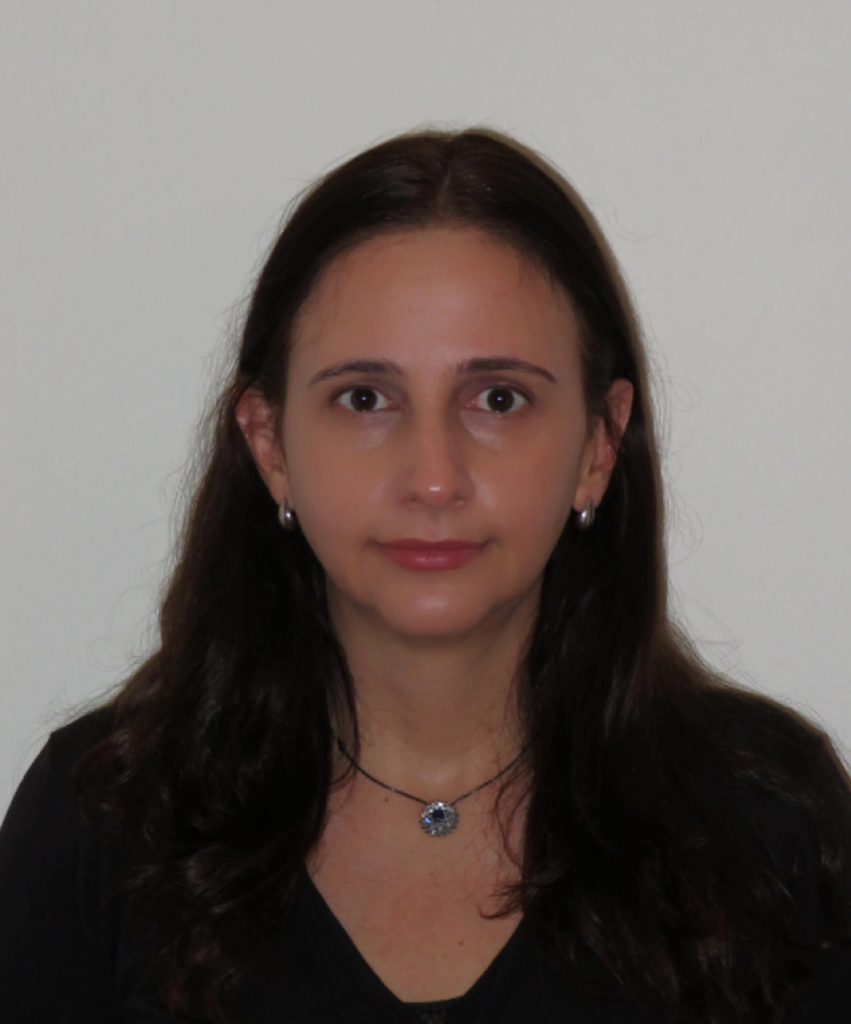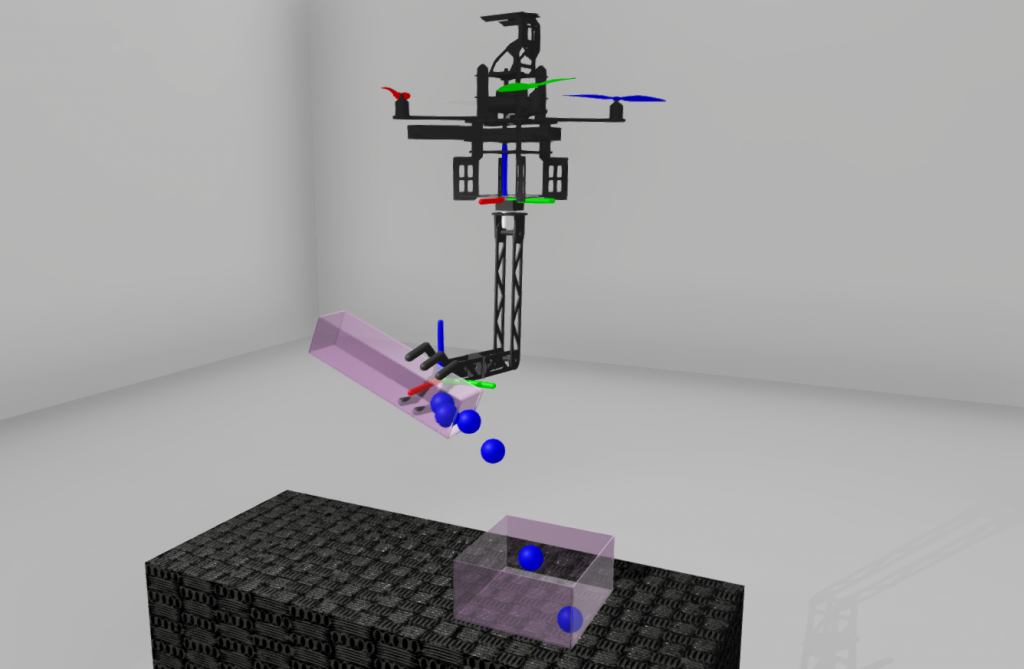Physical Robot Interaction @ICAR19
Welcome to the official page of the workshop on Physical Robot Interaction, that is going to happen during the International Conference on Advanced Robotics (ICAR) 2019, in Belo Horizonte, Brazil. It is going to be held on the 5th of December in the morning (official page).
Motivation
Robots are more and more among humans in different scenarios and contexts, such as industries, houses, restaurants, and construction sites. Either working directly with humans as direct contact handlers or assembling different parts, robots often need to perform tasks that require physical interaction with objects, other robots or people.
And as the amount of robots grow in our midst, physical robot interaction requirements will also be more demanding and challenging, which might call for different controller designs and paradigms.
To properly control physical interaction is critical in both manipulation and collaborative tasks in unstructured environments where contact forces exist. However, most of industrial robots in industry do not have interaction controllers available at hand. Therefore, they are not suitable for collaborative tasks, which is a trend in this field. Also, wearable robotic devices, as exoskeletons and rehabilitation, are also motivators for a deeper comprehension of physical robot interaction.
This half-day workshop will bring together key researchers of academia and industry to discuss the potential, the implementation, and limitations of physical robot interaction applications and controllers.
Schedule
Tentative program:
| 9:00 – 9:10 | Opening by the organizers |
| 9:10 – 09:40 | Thiago Boaventura (EESC-USP) |
| 09:40 – 10:10 | Emilia Villani (ITA) |
| 10:10 – 10:40 | Adriano Siqueira (EESC-USP) |
| 10:40 – 11:10 | Poster session + industrial spotlight + Coffee break |
| 11:10 – 11:40 | Oseias Ferreira (EMBRAER) |
| 11:40 – 12:10 | Michelle Focchi (IIT) |
| 12:10 – 12:30 | Discussion Panel |
Speakers
Adriano Siqueira (EESC-USP)

Adaptive Control Strategies for Lower Limb Exoskeletons
This talk presents the main features of a new modular exoskeleton for lower limbs and a set of strategies and methodologies for adaptive impedance control of interactive robot systems, aiming at the rehabilitation of patients with motor impairment.
Emilia Vilani (ITA)

SIVOR – A Robotic Flight Simulator
A robotic flight simulator is an unusual example of physical robot interaction. In this case, the robot end-effector is an aircraft cockpit and the robot is used as the motion platform of the flight simulator. It is responsible to provide the “feeling of movement” to the pilot. In this presentation we discuss the main challenges related to the design and validation of the robotic flight simulator developed at the Center of Competence in Manufacturing (CCM) of the Aeronautics Institute of Technology (ITA) and what are the main issues related to its validation.
Michele Focchi (IIT)

Michele Focchi is currently a Researcher at the DLS team in IIT. He received both the Bsc. and the Msc. in Control System Engineering from Politecnico di Milano. After gaining some R&D experience in the industry, in 2009 he joined IIT where he developed a micro-turbine for which he obtained an international patent and a prize. In 2013, he got a PhD in robotics, getting involved in the Hydraulically Actuated Quadruped Robot (HyQ) project. He initially was developing torque controllers for locomotion purposes, subsequently he moved to higher level (whole-body) controllers and model identification. He was also investigating locomotion strategies that are robust to uncertainties and work reliably on the real platform. Currently his research interests are focused on pushing the performances of quadruped robots in traversing unstructured environments, by using optimization-based planning strategies to perform dynamic motion planning.
Oseias Ferreira (EMBRAER)

Systems Automation in Aerospace Industry
This presentation will demonstrate an overview on systems control and design for robotics in aerospace industry, as well as general applications and examples. As this industry presents singular and tight requirements, dedicated solutions instead off-the-shelf are necessary to be implemented. Successful cases will be presented and unsuccessful obes also discussed. Main challenges and opportunities will also be covered.
Thiago Boaventura (EESC-USP)

Principles of interaction control of robotic systems
This talk aims at putting the workshop attendees on the same page regarding the basic principles of interaction control. I’ll go through the fundamental concepts of impedance and admittance as well as how to control these quantities. Aspects of performance and stability of interaction controllers will also be presented.
Organizers
| Prof. Glauco A. P. Caurin | University of São Paulo | E-mail: gcaurin@sc.usp.br |
| Prof. Thiago Boaventura | University of São Paulo | E-mail: tboaventura@usp.br |
| Prof. Neville Hogan | Massachusetts Institute of Technology | E-mail: neville@mit.edu |
| Eng. José Otávio Savazzi | EMBRAER | E-mail: jose.savazzi@embraer.com.br |
| MSc. Gustavo Lahr | University of São Paulo | E-mail: gustavo.lahr@usp.br |
Contact
Gustavo Lahr — gustavo.lahr@usp.br
Support
The organizers would like to thank FAPESP, CAPES and CNPq as technical sponsors.


